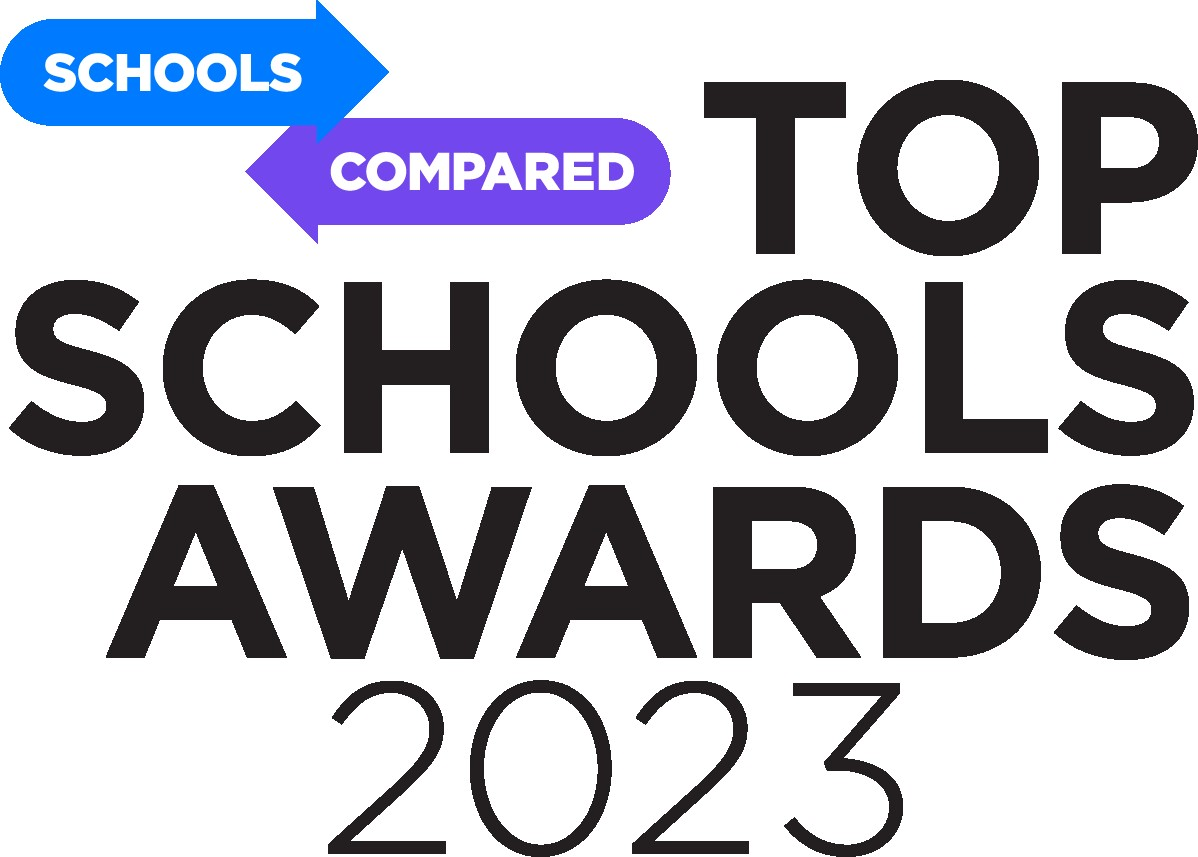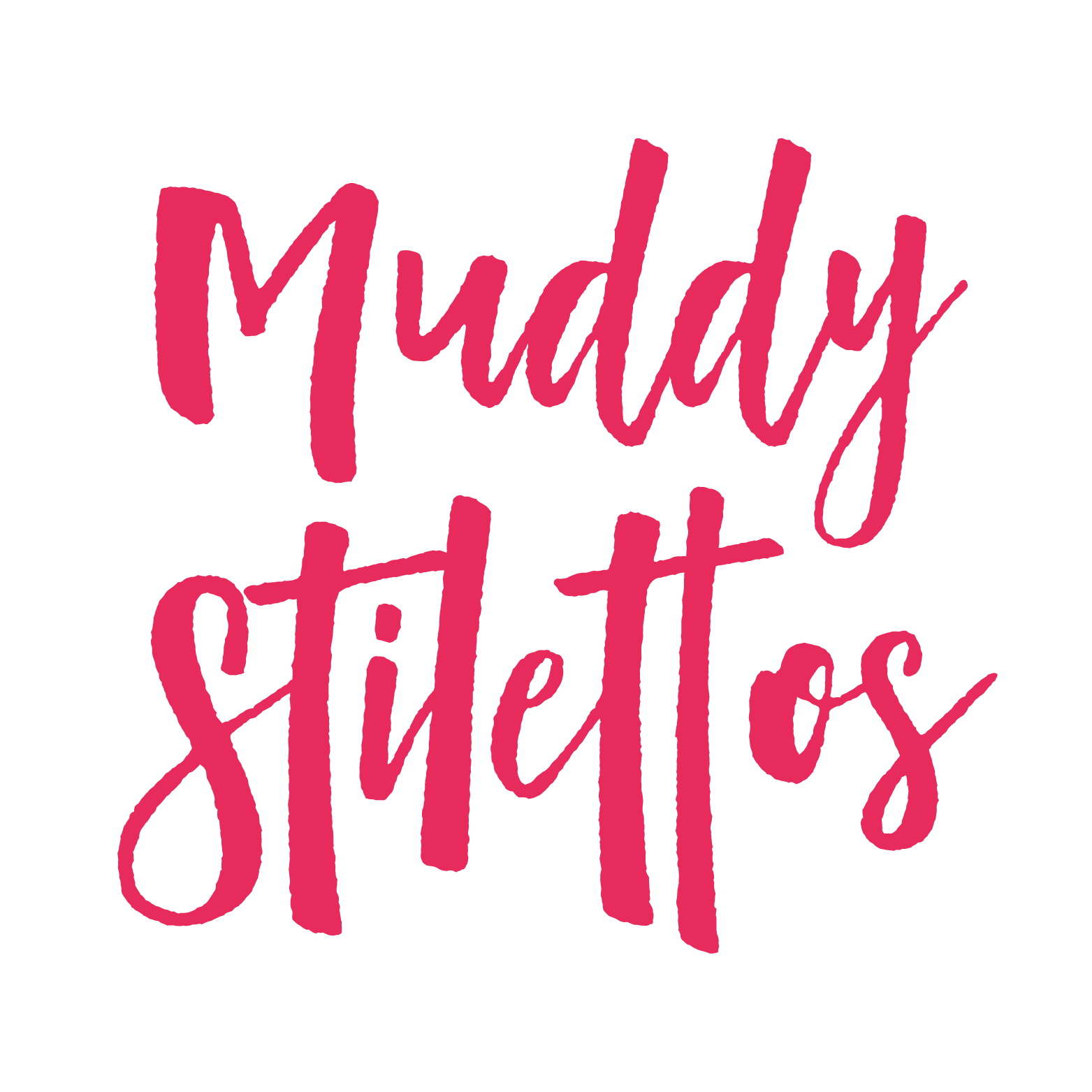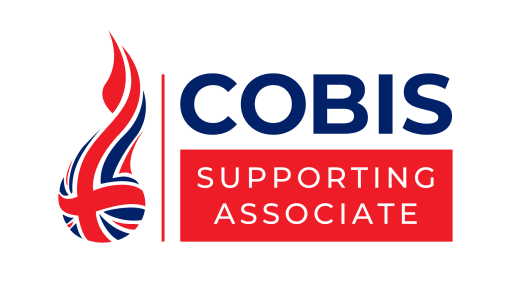Chemistry is an experimental science, studying the principles and structures that are the foundation of life around us and the systems that make up our environment.
On the course students will come to realise that Chemistry underpins many other disciplines such as biological science or medicine and they will develop a sound grounding in both theory and practical work. Topics are wide ranging and engrossing, from atomic structure and bonding to organic chemistry and thermochemistry.
DP Chemistry students come to understand this and interrogate how scientists work and communicate, including the scientific method and experimental work so central to the sciences. Students on their course will design investigations, collect data, develop manipulative skills, analyse results and evaluate their findings, working effectively with peers to do so.

















